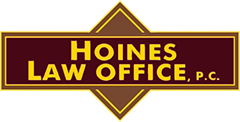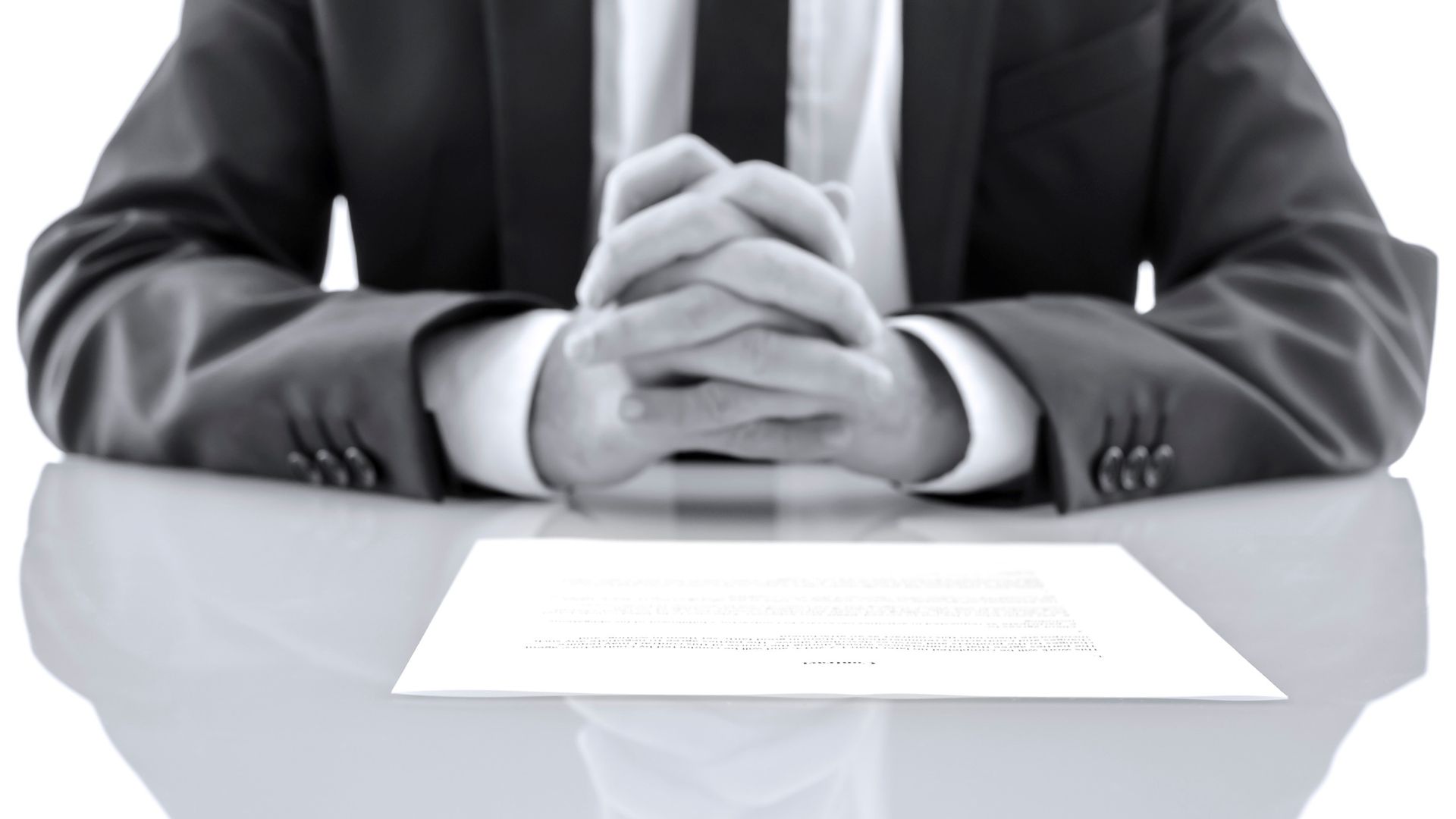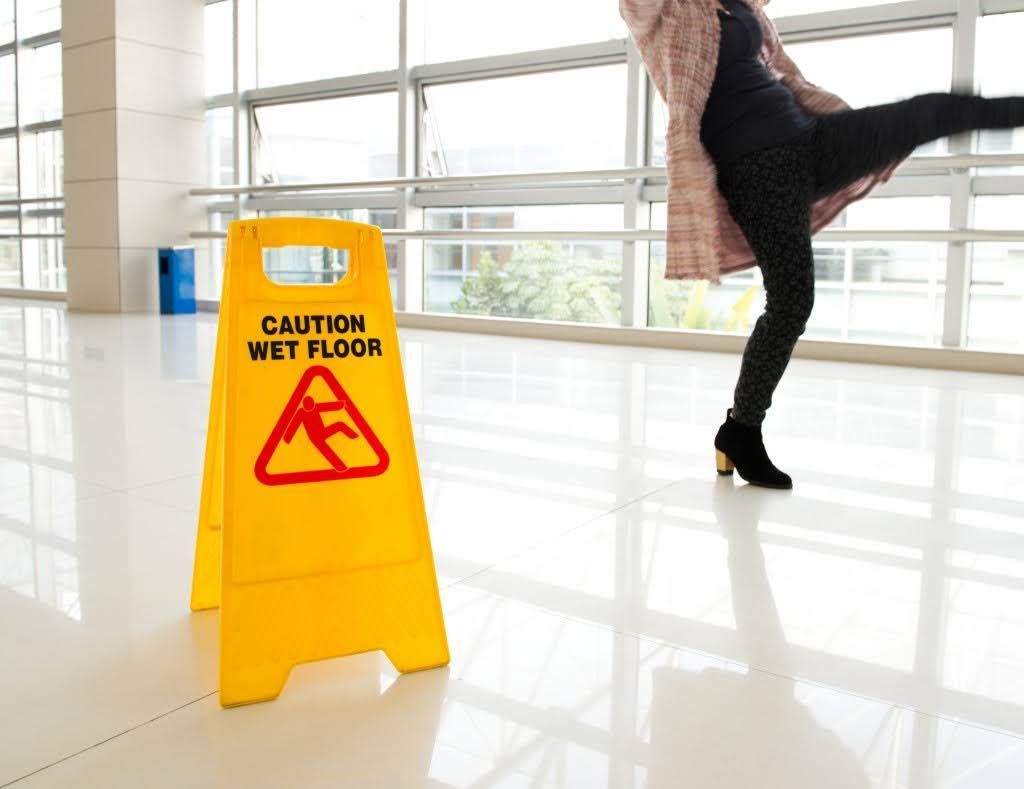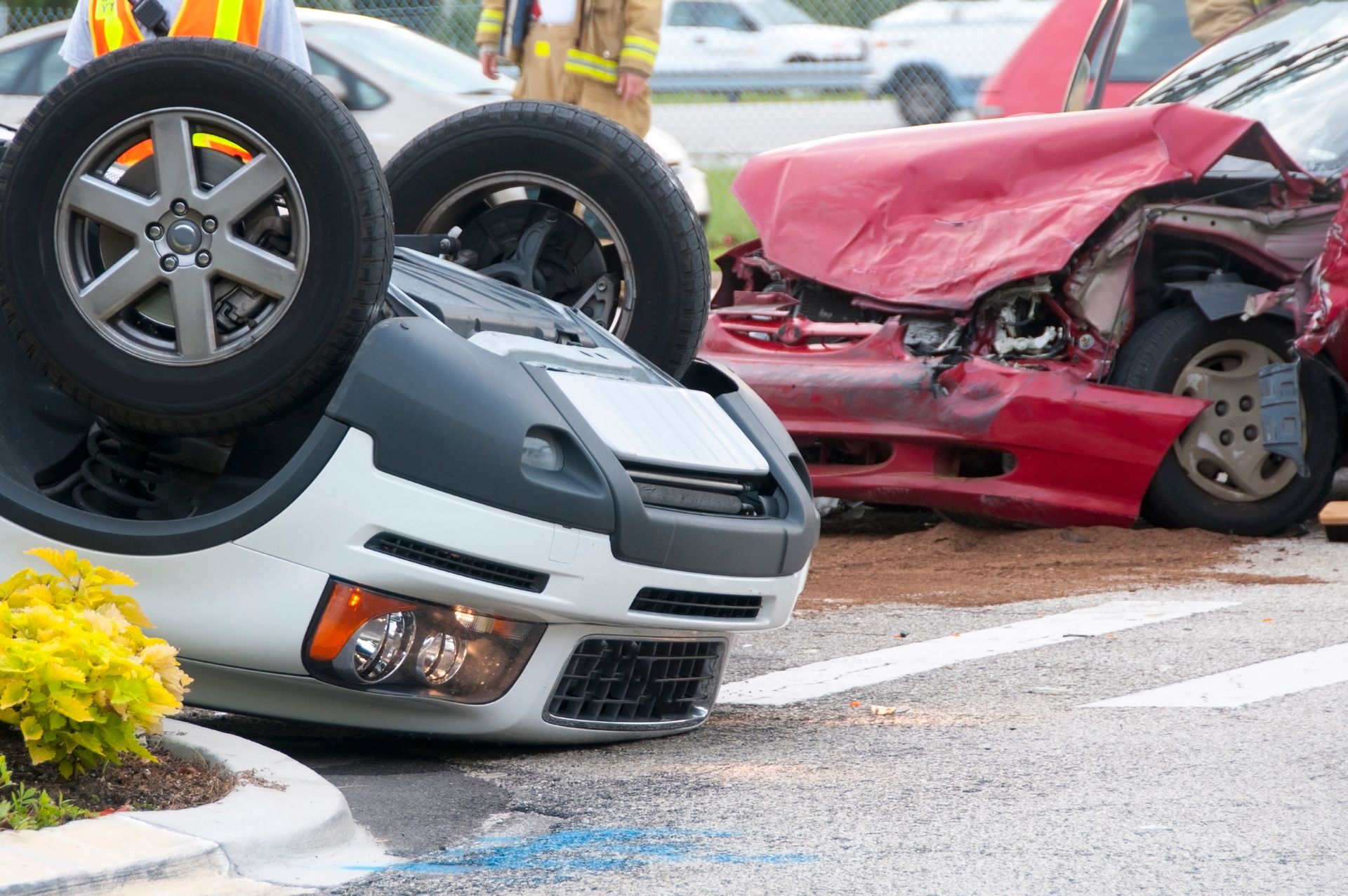Document Checklist: What Information Does Your Car Accident Attorney Need?

Your car accident attorney needs as much information as possible on your case to pursue maximum compensation. So you must be well prepared when you go for the first legal consultation. Check out the information your attorney may need below.
Insurance Policy
Federal and state laws require drivers to have valid insurance policies while on the road. This is why exchanging insurance information is one of the first things drivers involved in a collision should do.
Bring a copy or photo of your insurance policy when you meet your attorney so they can determine what compensation you are entitled to. You can also approve your attorney to obtain your policy directly from your insurer.
Your attorney also needs evidence of premium payments via checks or bank statements. If the accident occurred out of your home state, your policy is valid as long as you have paid the premiums.
Information Exchanged at the Collision Scene
Your attorney needs the information you shared with the other driver after the accident. Usually, people exchange insurance information, names, addresses, phone numbers, and driver's licenses. You can also share social media contacts and email addresses and keep the information secure for your legal team.
Police Report
Police go to most car accident scenes and draft reports with crucial information. For example, the reporting officer can draw a
diagram of the cars' position after the accident and identify the possible cause of the collision based on initial impressions.
The officer's account of an accident isn't final, as it may be overturned by new evidence. However, the police report may establish that the other party was at fault, giving you an edge in negotiations.
You can obtain the report by giving the names of involved drivers, the accident's date and location, or the officer's badge number to
the law enforcement department that reported to the scene.
Tickets and Citations
Citations and tickets can be used to deny your claim. Tell your attorney about any tickets for speeding, distracted driving, texting while driving, and other events related to the accident during your initial consultation. In this way, your legal team has time to review the ticket and create an argument on why it doesn't affect your liability.
Medical Reports
Your medical reports and receipts are among the most vital documents in a car accident case. The information shows your injuries and the money you spent on treatment.
Keep a record of everything, from ambulance services, emergency room treatment, admission, medication, physical therapy, chiropractic care, and other specialist services. Photos of physical injuries with timestamps also help your case. Also, let your attorney know of any medical conditions you had before the accident.
Financial Records
You lose income when you take time off work because of injuries sustained in an accident. In other cases, you may be unable to return to your job or business because of permanent injuries. You qualify for compensation for lost wages because of the collision and resulting injuries.
However, your attorney needs your financial information to calculate your economic damages. Pay stubs, tax returns, and direct deposit records are among the documents that help attorneys calculate your earnings before the accident. If you are self-employed, provide contracts, invoices, client statements, bank statements, and other documents showing the loss of current and future earnings.
Photographs and Videos of the Collision Site
If you took photos and videos after the collision, show them to your attorney to give them a better picture of how the accident occurred. Attorneys recommend taking photos at different angles and taking close-ups and distant images of the vehicles involved. You can include timestamps to help your attorney build a timeline of the accident's aftermath.
Many people feel overwhelmed after a car crash because there is so much information to collect and organize. Contact us today at Hoines Law Office, P.C., to lighten your load and pursue the compensation you deserve.





